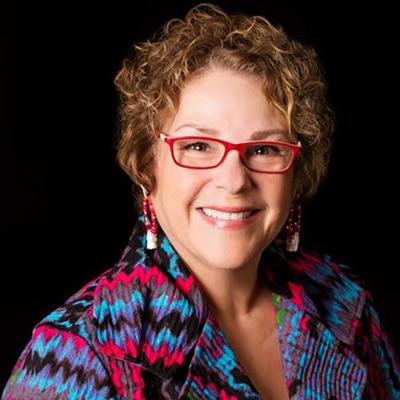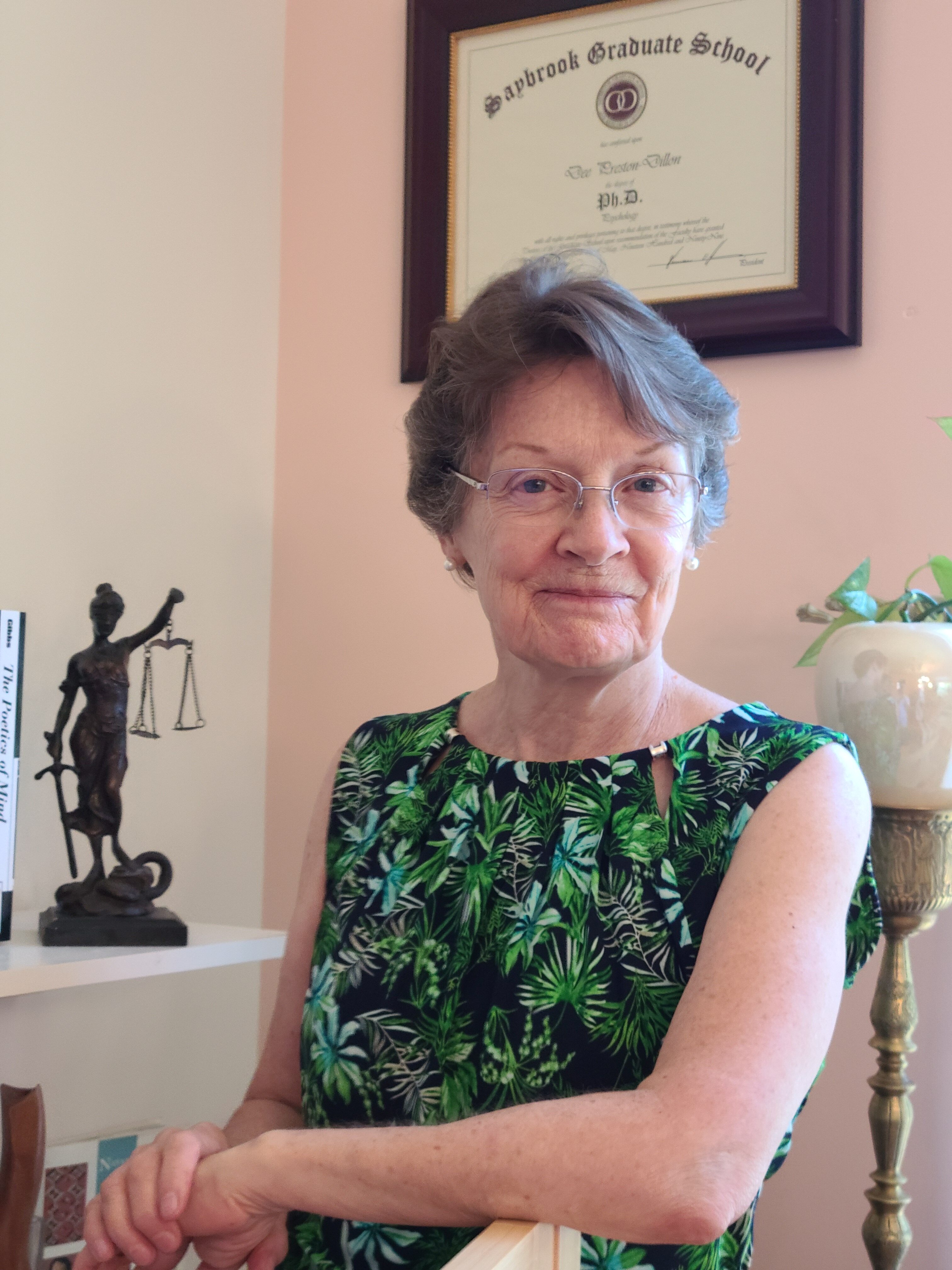VIRTUAL ADVANCED SAND THERAPY WORKSHOP
 Eliana Gil, Ph.D., RPT-S
Eliana Gil, Ph.D., RPT-S
 Dee Preston Dillon, PH.D
Dee Preston Dillon, PH.D
Program Goals:
This workshop is designed for play therapists and other mental health professionals who have taken already taken an introductory or intermediate course on sand therapy. A limited number of participants will have an opportunity to present pictures or recreations of clinical sand trays in order to deepen a dialogue about the tray. Specifically, two seasoned sand therapists from different theoretical orientations will provide feedback using their individual lenses. The feedback will focus on the organization of the tray, the process described for making the tray, the use of specific symbols, placement, centrality of issues manifested, and many other specific ways to “read” and comprehend the client’s communication. In addition, children’s sand work will be discussed within the context of integrating sand therapy with other expressive therapies such as play and art, amplifying symbols, and thinking systemically. Specifically, the program goals are to:
- Provide opportunities for experiential learning
- Allow participants to provide a clinical case example with questions;
- Understand at least two theoretical lenses for assessing sand trays;
- Deepen participant understanding of how to discern client communication about relevant clinical issues;
- Deepen participant use of multiples lenses to assess sand trays;
- Provide resources for symbols and metaphors;
- Participate in feedback along with the two presenters;
- Discuss how sand trays might be integrated with other expressive therapies;
- Provide guidelines for observing and documenting sandtrays and defining the thematic material shown in the sand;
- Discuss how symbol language is incorporated and promotes therapy goals using sand and play therapy;
- Discuss overall play therapy and sand therapy techniques and their compatibility theory;
- Discuss the integration of sand therapy with other play therapy techniques
Objectives:
The specific objectives of this course are for participants to gain and demonstrate the following content areas:
- Present clinical sand trays with a specific consultation question related to sand or play therapy
- List two ways to incorporate sand therapy into a general play therapy practice
- List two compatibilities between sand therapy theory and play therapy theory
- List three ways you can transfer the thematic material in the sand tray to other play therapy activities
- Define the term “amplification questions” for use with play therapy metaphors or symbols
- Name three variables to reading sand trays for play therapists and others
- Discuss two gender specific differences in sand trays and how those will influence choice of play therapy techniques
Program Schedule: 10:00 am-5:00 pm.
The daily schedule will consist of experiential work, instructor feedback to clinical sand trays, group processing, and provision of resources. Participants are welcome to: 1) bring case presentations and/or slides with specific consultation questions; 2) present a portion of a videotaped session with a client specifying the question of concern; or 3) raise general questions about the practice of sand therapy. The group size is limited to 12 and will allow for 6 clinical case presentations daily.
Day One: Six clinical case presentations
-
- Introductions and needs assessment: “Your wish list”
-
- Clinical case presentations and feedback to 6 participants
Day Two: Six clinical case presentations
-
- Clinical case presentations and feedback to 6 participants
- Closing ritual and evaluations
General Course Information
This course is limited to 12 participants.
Clinical case discussions will adhere to HIPPA regulations regarding client confidentiality.
Target audience is Licensed Professional Counselors, MFTs, psychologists, social workers, play therapists and others who work with children.
This event is sponsored by Starbright Training Institute. Starbright Training Institute is approved by the Association for Play Therapy to offer continuing education specific to play therapy (APT Provider No. 96-029).
Myriam Goldin, LCSW; RPT-S, is Director of Starbright Training Institute.
Phone: 703-980-2886.
Email: starbright.inst@outlook.com
Web Page: starbrighttraininginstitute.com
Complaints and Appeals:
Complaints against an Approved Provider should first be filed in writing with the Approved Provider directly for resolution. If satisfaction is not obtained, APT’s Continuing Education Coordinator should be contacted in writing to achieve a final resolution.
Grievance Policy
Commonwealth Educational Seminars (CES) seeks to ensure equitable treatment of every person and to make every attempt to resolve grievances in a fair manner. Please submit a written grievance to:
Myriam Goldin, LCSW; RPT-S, Director of Starbright Training Institute.
Phone: 703-980-2886.
Email: starbright.inst@outlook.com
Web Page: starbrighttraininginstitute.com
Grievances would receive, to the best of our ability, corrective action in order to prevent further problems.
Accommodations for the Differently Abled
Starbright Training Institute’s training facilities are handicap accessible. Individuals needing special accommodations please contact the Director of Starbright Training Institute. See contact information above.